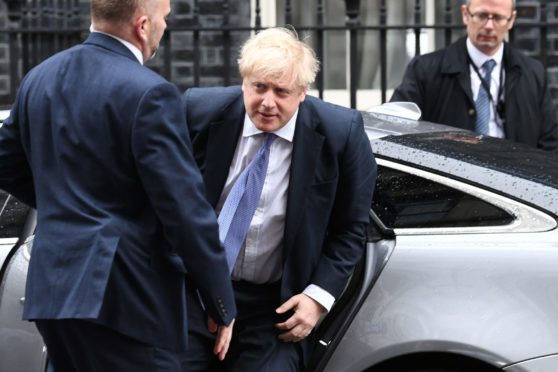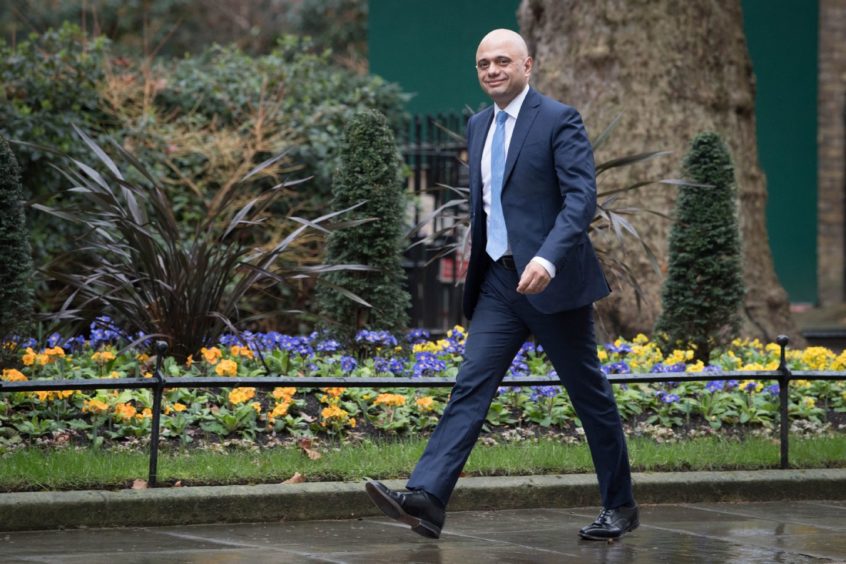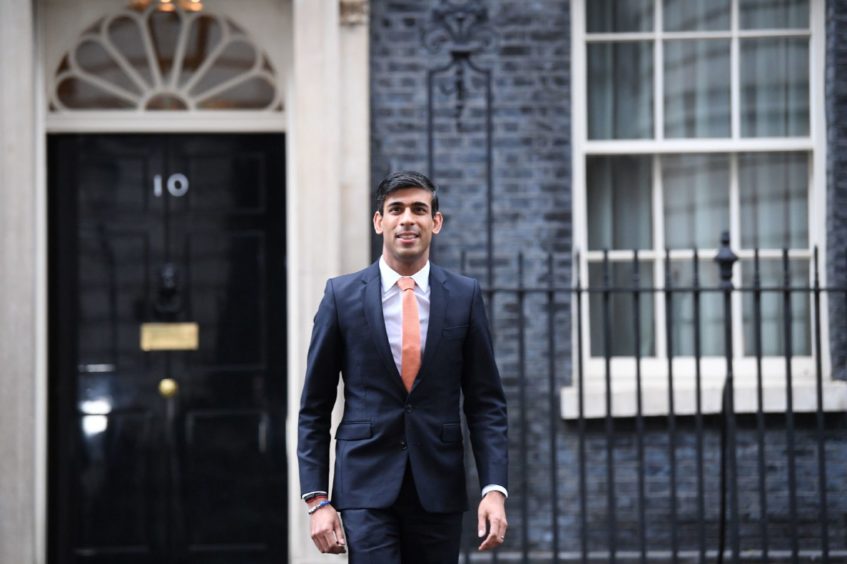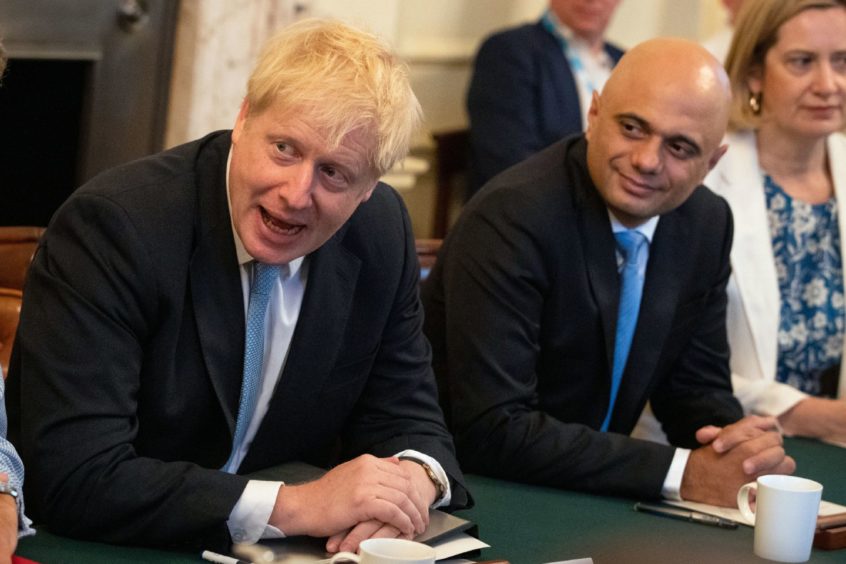With a series brutal sackings and forced resignations, Boris Johnson succeeded in “taking back control” of his cabinet.
In a day of high drama at Westminster, Sajid Javid lost his job at the Treasury and Julian Smith, who recently reestablished power-sharing at Stormont, was axed from the Northern Ireland office.
Mr Javid, who was in the midst of preparing the UK Government’s March 11 Budget, said he was left with “no other option” but to quit after the prime minister ordered him to sack all his special advisers and aides and to defer to Downing Street for advice.
The former chancellor said that he did not believe that “any self-respecting minister” would accept the demands in comments that will also be seen as a clear swipe at his successor Rishi Sunak.
Speaking outside his home this afternoon, Mr Javid added: “It’s been a huge honour to serve as Chancellor of the Exchequer, and whilst I was very pleased that the prime minister wanted to reappoint me, I was unable to accept the conditions that he had attached.
“I felt I was left with no option other than to resign.”
“I don’t believe any self-respecting minister would accept such conditions so therefore I felt the best thing to do was to go”
Sajid Javid says he resigned as chancellor after he was asked to replace all his political advisers#reshuffle https://t.co/b2Jy0eZx7U pic.twitter.com/qwk4xVbgsb
— BBC Politics (@BBCPolitics) February 13, 2020
Before the explosive meeting with Mr Johnson, Mr Javid had walked smiling into Number 10 in a sign that he expected to remain in place ahead of the Budget.
The prime minister’s official spokesman said that preparations for the Budget would continue under the new Chancellor.
“Extensive preparations have already been carried out for the Budget and they will continue at pace,” the spokesman said.
Labour’s John McDonnell, the shadow chancellor, said Mr Javid’s resignation showed that Mr Johnson’s chief adviser Dominic Cummings had “clearly won the battle to take absolute control of the Treasury and install his stooge as chancellor”.
“This must be a historical record, with the government in crisis after just over two months in power,” he added.
AS IT HAPPENED: Boris Johnson’s cabinet reshuffle
SNP Westminster leader Ian Blackford agreed, saying: “Rather than prioritising the interests of people across the country, Boris Johnson is embroiled in an ego battle between his de-facto deputy Dominic Cummings and his former Cabinet ministers.”
There have been bad relations between No 10 and No 11 since Mr Cummings fired Mr Javid’s press secretary in August without consulting him.
Since then, there have been rows between No 10 and Mr Javid’s team over the Conservatives’ economic policy at the election and the contents of the budget.
Until Mr Javid’s exit, the most surprising move by the prime minister had been the sacking of Mr Smith just weeks after brokering the deal which restored the power-sharing administration in Stormont.
ANALYSIS: Boris Johnson’s power play left Chancellor with an offer he could only refuse
Irish Taoiseach Leo Varadkar said Mr Smith was “one of Britain’s finest politicians of our time”.
Speculation about Mr Smith’s position centred on the terms of the Stormont deal, amid Tory concerns it could pave the way for prosecutions of British soldiers.
But allies of the axed minister said it was “absolute crap” to suggest that Mr Johnson and Number 10 had not been kept informed of the process and details of the deal.
Other senior ministers to face the chop were business secretary Andrea Leadsom, environment secretary Theresa Villiers and attorney general Geoffrey Cox.



